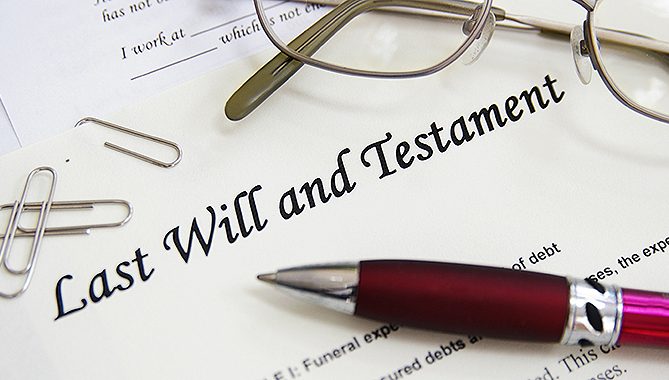 August 4, 2016. I was recently reminded of a hidden danger when a person downloads a will form or obtains an “internet vendor” prepared will, and prints the document for it to be executed as that person’s final Last Will and Testament.
August 4, 2016. I was recently reminded of a hidden danger when a person downloads a will form or obtains an “internet vendor” prepared will, and prints the document for it to be executed as that person’s final Last Will and Testament.
I have often mentioned the advisability of a person seeking legal advice, have given some pointers on finding an able and affordable attorney, and have mentioned the pitfalls of choosing the wrong attorney. There are pitfalls in the Do It Yourself arena also, and I was reminded of one recently.
When a person prints out his or her own will, and is not exceedingly familiar with how it should look, or what it should contain, the simple process of printing improperly may create a situation where the document is potentially worthless – not because it is not worded properly, but because of something else.
In the case to which I refer, a person did his or her own will and, I presume, it was done properly; however, in the process of printing, something was left out – and it was obvious. At this point, the person is deceased, so we will never know the cause. It could have been (1) the form was wrong; (2) the document was transmitted improperly; (3) the printer was not calibrated properly; (4) the proper page size was not set; (5) the person signing dropped a page or thought it unnecessary; or (6) part was lost. Whatever the cause, the document probably does not meet the requirements of law to be considered a valid last will and testament.
What is missing? Two little signature lines at the bottom of a page.
The decedent in this case probably did not know the difference. Presumably, an attorney would have spotted the problem.
Such are the dangers of preparing ones own documents, or even just printing them, for signatures.










